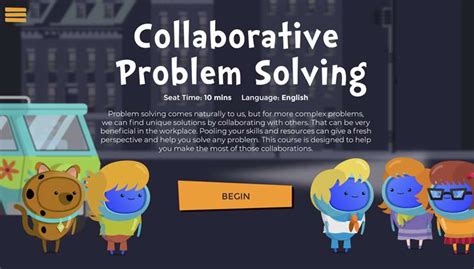For many men, the perception of their own competence plays a pivotal, often complex, role in their willingness to seek assistance or guidance. While a strong sense of self-efficacy is generally positive, an overemphasis on being self-sufficient can inadvertently become a significant hurdle, preventing them from accessing valuable support that could enhance their performance, well-being, and overall success.
The Competence Conundrum
At its core, a man’s self-perception of competence is tied to his identity and self-worth. From an early age, boys are often encouraged to be strong, capable, and problem-solvers. This internal narrative, while driving ambition and resilience, can create a ‘competence trap’ – a belief that seeking help is an admission of failure or inadequacy. The more a man views himself as capable, the harder it can be to acknowledge a need for external input, even when facing complex challenges or emotional distress.
This internal conflict means that even when a man is struggling, he might internalize the problem, doubling down on individual effort rather than reaching out. This isn’t necessarily a sign of arrogance, but often a deeply ingrained conviction that he should be able to handle things alone. The perceived dent to his competence can feel more threatening than the problem itself.

Societal Expectations and Masculine Norms
Beyond individual psychology, societal expectations significantly shape this dynamic. Traditional masculine norms often promote stoicism, independence, and an aversion to vulnerability. Men are frequently socialized to suppress emotions and present an image of unwavering strength. In this context, asking for help can be misconstrued as a deviation from these norms, potentially leading to fears of being judged by peers, colleagues, or even family members.
The pressure to maintain a façade of complete control and self-reliance can be immense. This pressure can extend across various aspects of life – career, relationships, and mental health. A man might hesitate to seek professional guidance for career development, therapy for emotional issues, or even simple advice from friends, believing it might undermine his perceived authority or capability.
The Fear of Vulnerability and Perceived Weakness
For many men, seeking help is intrinsically linked to vulnerability, and vulnerability is often mistakenly equated with weakness. This fear can be a powerful deterrent. Admitting a lack of knowledge, a struggle, or an emotional need requires a willingness to expose oneself, which can feel deeply uncomfortable when one’s self-concept is heavily invested in being strong and self-sufficient.
This reluctance can manifest in various ways, from delaying medical check-ups to avoiding difficult conversations in relationships, or not pursuing mentorship opportunities. The underlying logic is often: if I am truly competent, I shouldn’t need help. This flawed reasoning can isolate men, preventing them from accessing resources that could lead to genuine growth and problem-solving.

Reframing Help-Seeking as a Strength
Paradoxically, the most competent individuals often understand the value of leveraging external expertise. True strength lies not in knowing everything, but in knowing when and how to seek specialized knowledge or support. Viewing help-seeking not as a surrender, but as a strategic decision, can be transformative. It demonstrates self-awareness, intelligence, and a commitment to achieving better outcomes.
When a man redefines seeking guidance as an act of leadership – gathering resources, building a team, or consulting experts to achieve a goal – it aligns more closely with his desire to be competent and effective. Professional athletes have coaches, CEOs have advisors, and leaders build strong teams. This perspective shifts the narrative from weakness to strategic advantage and continuous improvement.

Practical Steps to Overcome the Barrier
Overcoming this inherent resistance requires a conscious shift in mindset. Here are a few strategies:
- Normalize Help-Seeking: Actively acknowledge and celebrate instances where successful men have sought guidance. Share stories and promote a culture where asking for help is seen as smart, not weak.
- Redefine Strength: Encourage a broader definition of strength that includes emotional intelligence, self-awareness, and the ability to build supportive networks.
- Start Small: For those hesitant, begin with low-stakes requests, like asking for a recommendation or a brief opinion, gradually building comfort with seeking more significant guidance.
- Focus on Growth: Frame every instance of seeking help as an opportunity for learning and growth, rather than a concession of inadequacy.
Ultimately, a man’s perception of his own competence can be a double-edged sword. While it fuels ambition and resilience, an unchecked desire for absolute self-sufficiency can impede personal and professional growth. Embracing the wisdom that comes from diverse perspectives and specialized guidance isn’t a sign of weakness; it’s a hallmark of true leadership, adaptability, and an enduring commitment to excellence.

By challenging ingrained beliefs and societal norms, men can unlock a more holistic and effective approach to competence – one that recognizes the profound strength found in collaboration, learning, and the courage to ask for help when it’s needed most.





